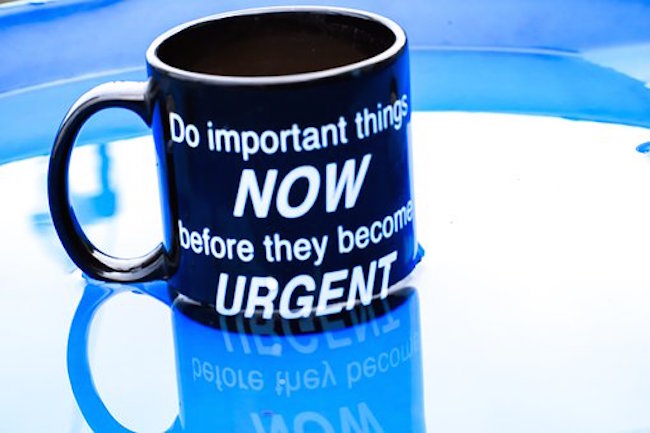Mike Huckabee: How COVID-19 Is Directly Impacting Your Religious Freedom by JASON YATES for Charisma News
We recently had the chance to interview our Honorary National Chairman and former Governor of Arkansas Mike Huckabee to discuss the novel coronavirus’ economic and political implications, the upcoming 2020 elections and the importance of bringing faith to the voting booth.
This conversation has been edited for clarity and length:
People have a lot of things on their mind, but of course right now the thing that’s most on their mind is COVID-19 and the response of our nation and our government to this pandemic. One viewer asked: Was the shutdown of our economy really necessary, and can the economy come back?
I think that the people making the decisions saw information that most of us are not going to have access to see, and I have confidence in the president. I have confidence in the people around him at the highest levels. There’s no way they would have done the things they did to shut down virtually the entire economy had they not been genuinely alarmed. … If there was not confidence … that this was a serious public health risk and that this could become a pandemic that could potentially kill millions, I don’t think the actions would have been taken.
Can the economy come back? Yes, but it won’t come back quickly. The biggest problem that we’re facing is that a lot of small businesses will not be able to recover. … Their customer base has been shattered, their employees have scattered, the communities aren’t going to be the same.
So I think we’re looking at a long, long recovery. If there’s one bit of good news, it’s that the economy was on fire before this started. So we started from a place of strength rather than weakness, and that is the saving grace if there is one economically.
As a former governor, what are the factors those in state leadership should consider during states of emergency like the one we are living in?
You always want to position assets and resources so that if the worst happens you’re prepared for it. One of the reasons the shutdown happened was … that we don’t have a hospital health care system that is big enough to handle the potential cases that we saw coming. So it was a matter of overwhelming the health care system to a level that you would have people unnecessarily dying, so the steps that were taken to mitigate this were done so we didn’t overwhelm that health care system. Quite frankly, that’s been a good decision.
Many governors…are saying, “Let’s get things ramped back up, let’s open up the economy.” … Every state is different, and that’s why the president has pushed these decisions back down to the state level. That’s where they belong! The 10th Amendment says that, and I still believe in the Constitution. But I will say this: I think states need to start looking at how quickly can they get people back to work, even if it’s modified a little bit, and back to some routine, because nothing is worse than getting in a long-term lockdown to the point that we all end up with sort of what I call a public health version of the Stockholm Syndrome, where people start getting comfortable, used to the idea of lockdown, and they’re afraid to leave.
We’ve got to get people moving back out, doing their routine, going to church, for example. And we can’t have people saying that you can go to a drive-in liquor store but you can’t do a drive-in church service, which we’ve seen in Kentucky, Mississippi and in Florida.
How should churches and individuals think about the balance of religious freedom and government control during these times?
We should very much be concerned, and here’s my fear: It’s one thing for us to have a period of weeks in which churches voluntarily do their services online or in the parking lot of the drive-in, but we don’t want a government that can say to a church, “We are suspending the First Amendment.” The very first right in the First Amendment is freedom of religion, followed by freedom of speech and freedom of assembly. To say that those have been suspended by the government, they’d better have a reason that’s overwhelming.
There have been some heavy-handed things in Tampa, Hillsborough County. The sheriff told the pastor of the church there that they could go ahead with their Sunday services as long as they practice social distancing and took precautions, which the church did—[they invested a] hundred thousand dollars in an air filtration system, put gloves on everyone, gave them all disinfectant. On Monday after they had the church service they were told they could have, the pastor was actually arrested and arraigned for it. This is a frightening thing, when the mayors of places like Greenville, Mississippi, and Louisville, Kentucky, started sending police officers to give tickets to people in their cars for $500 for attending a drive-in service.
This is the first wave of when [the] government says, “Hey, these people went along pretty willingly. The next time we have an issue and we want to make the church conform to something that’s politically correct, we’ll just tell them they can’t meet.” And we don’t ever get used to this idea that the government can tell us when we can gather, what we can say and how we can get around it.
So what do we do about it? Does it help to contact your elected officials?




